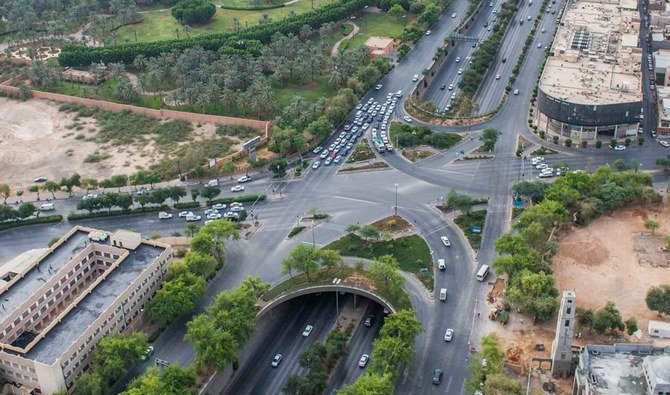JEDDAH: The Kingdom is opting for a more sustainable future with the launch of the Green Saudi and Green Middle East initiatives.
Announced by Crown Prince Mohammed bin Salman, the initiatives are set to apply a number of ambitious programs that will reduce carbon emissions by 60 percent in the region and plant 50 billion trees in the world’s biggest afforestation project.
The tree-planting project will be double the size of the Great Green Wall in the Sahel region, the second-biggest regional afforestation initiative.
Crown Prince Mohammed bin Salman said: “As a leading global oil producer, we are fully aware of our responsibility in advancing the fight against the climate crisis, and that just as we played a leading role in stabilizing energy markets during the oil and gas era, we will work to lead the coming green era.”
While economic and social development may be at the forefront of the agenda in Saudi Arabia, the Kingdom has been committed to applying new environmental policies, including the preservation of marine and desert habitats and greenifying its urban areas.
Many of the Kingdom’s programs are aiming to raise the value of natural resources to ensure economic and ecological sustainability while considering the environment.
The initiative will also work to increase the percentage of protected land to more than 30 percent, exceeding the global target at 17 percent per country. It will reduce carbon emissions by more than four percent of global contributions through renewable energy projects that will provide 50 percent of its energy capacity by 2030.
The initiative is expected to eliminate more than 130 million tons of carbon emissions by using clean hydrocarbon technologies.
HIGHLIGHT
The initiative is expected to eliminate more than 130 million tons of carbon emissions by using clean hydrocarbon technologies.
The crown prince said: “The share of clean energy production in the Middle East does not exceed seven percent today and technologies used in oil production are not efficient.
“The Kingdom of Saudi Arabia will work with these countries to transfer knowledge and share experiences which will contribute to reducing carbon emissions by more than 60 percent,” adding that the joint effort will achieve a reduction of more than 10 percent of global contributions.
The two initiatives come in support of the existing environmental efforts the Kingdom has supported in previous years as it continues to face its own challenges at home from desertification, low rainfall, and debilitating dust storms.
He also emphasized that the initiatives stem from the Kingdom’s leading role towards common international issues, and as a continuation of its efforts to protect the planet during its 2020 G20 presidency, which result in a special declaration on the environment, the adoption of the concept of a circular carbon economy, and the launch of two initiatives to reduce land degradation and protect coral reefs.
“This is just the beginning. The Kingdom, the region, and the world at large need to move forward at an accelerated pace in the fight against climate change.”
He added that the details of the Saudi Arabia Green Initiative will be announced in the coming months, and work will commence towards launching a regional gathering in the presence of the international partners of the Middle East Green Initiative in the second quarter of 2022.




























